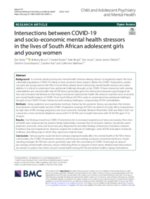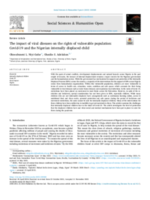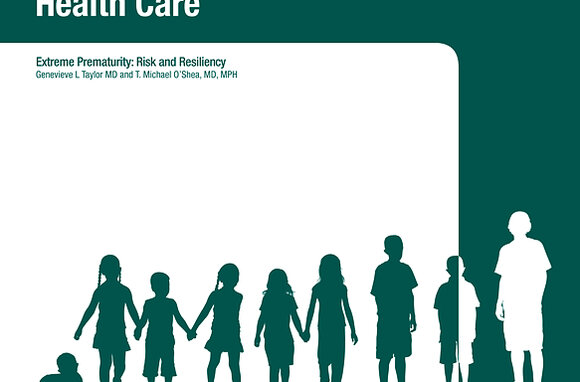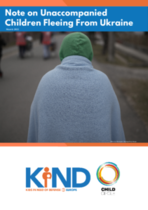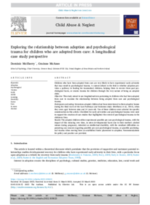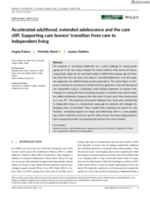Intersections Between COVID-19 and Socio-Economic Mental Health Stressors in the Lives of South African Adolescent Girls and Young Women
The purpose of this study was to examine socio-economic and mental health impacts of COVID-19 on South African adolescent girls and young women (AGYW) in order to understand how additional challenges brought on by COVID-19 have intersected with existing challenges, compounding AGYW vulnerabilities.

